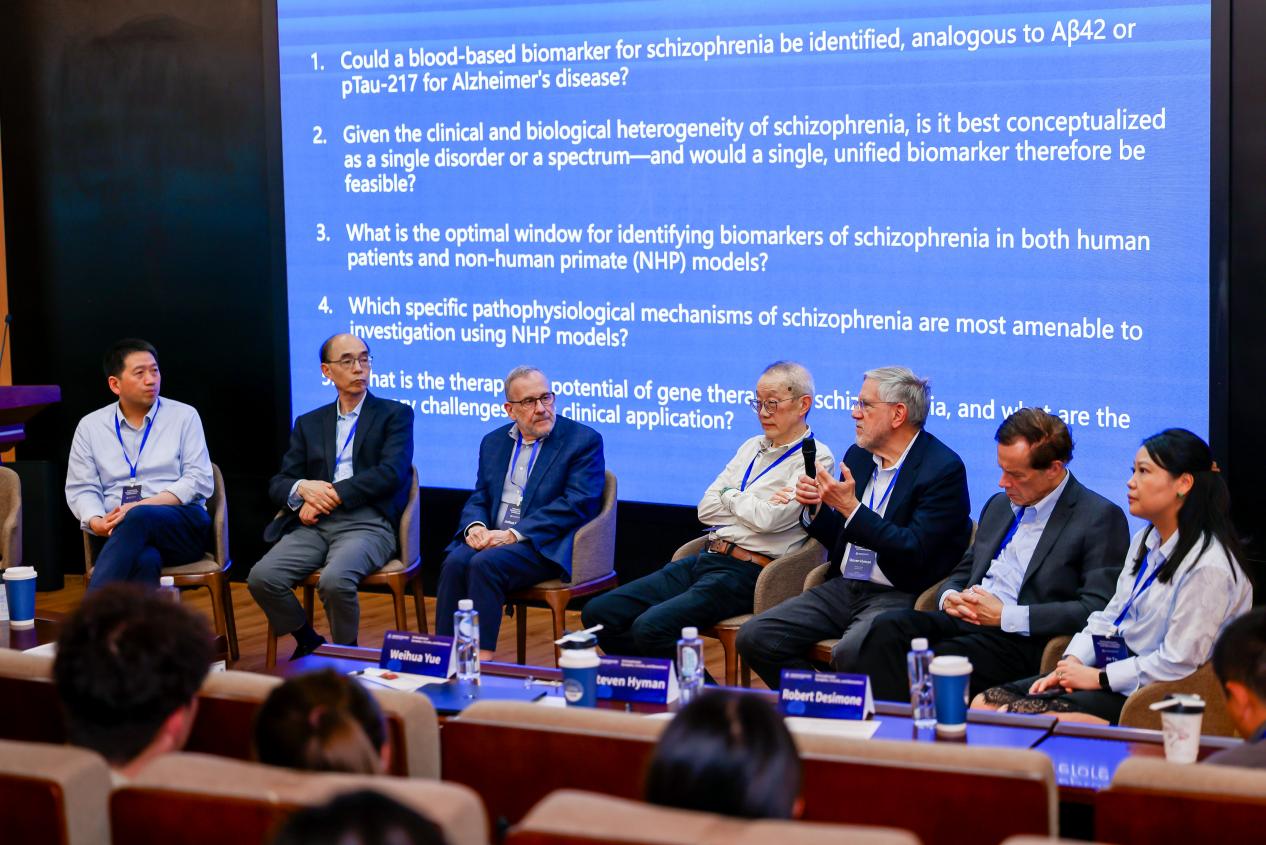
Scientists Pursue Biological Biomarkers for Earlier Intervention in Severe Mental Disorders
Schizophrenia is one of the most complex brain disorders, with significant impacts on both mental and physical health. Researchers are intensifying efforts to identify biological biomarkers that could enable earlier diagnosis and intervention for the disease.
To bridge the gap between foundational research and clinical application, the symposium "Schizophrenia: Synapses, Circuits, and Biomarkers", held on October 27, 2025, highlighted the critical role of biomarkers in understanding, diagnosing, and potentially preventing schizophrenia.
The symposium was held by Shenzhen Institutes of Advanced Technology (SIAT) of the Chinese Academy of Sciences (CAS).
Currently, schizophrenia is diagnosed based on psychological symptoms. However, experts at the symposium emphasized the potential of measurable biological indicators to revolutionize diagnosis and treatment.
"If you're at risk for heart disease, that may be based on measurements of your cholesterol," explained Robert Desimone, director of the MIT McGovern Institute. "Similarly, with reliable biomarkers, we could one day screen individuals—even children—for schizophrenia risk, enabling early intervention."
While genetics play a significant role in schizophrenia risk, environmental factors also contribute, according to Steven Hyman of the Broad Institute. Hyman's team is working to decipher the genetic underpinnings of schizophrenia and identify objective biomarkers detectable in cerebrospinal fluid and blood, which could transform diagnosis.
The symposium featured eight keynote presentations and a thematic discussion, connecting basic science with clinical practice. Researchers focused on animal models, neurodevelopmental abnormalities, and molecular biomarkers. Progress in biomarker development is considered essential not only for early detection but also for improving patients' quality of life and reducing the societal burden of the disorder.
Beyond biological factors, lifestyle and social support are also crucial. YUE Weihua of Peking University Sixth Hospital advocated for an integrated prevention strategy that addresses both biological and environmental dimensions. She stressed the importance of maintaining regular daily routines, obtaining adequate sleep, eating a balanced diet, exercising consistently, building resilience, and strengthening social support systems to reduce the risk of developing psychiatric disorders.
Discussion of the international symposium. (Image by SIAT)
File Download:
